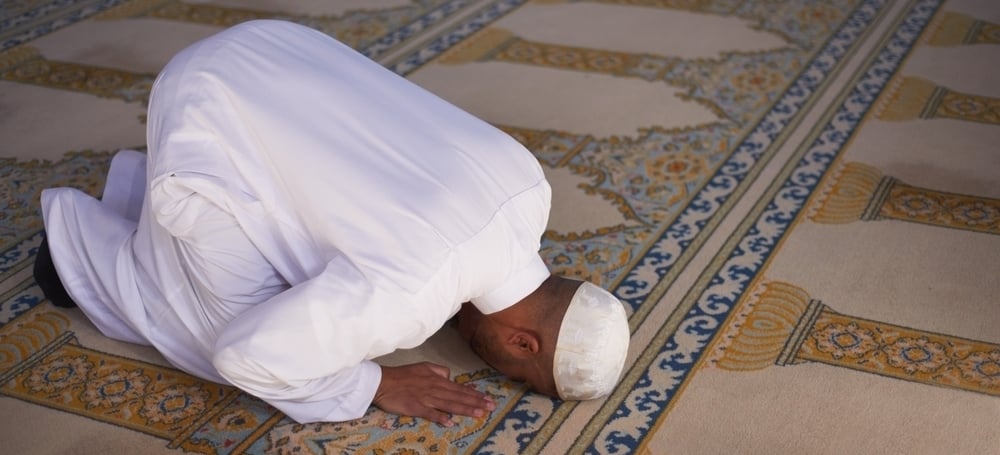Does Failing to Raise My Head Properly after the Prostration Invalidate My Prayer?
Hanafi Fiqh
Answered by Ustadh Sufyan Qufi
Question
I pray with head movement due to the inability to prostrate. I prayed in a way that after lowering the head for sujud, for the sitting between the two sajda’s and the tashahhud, I put the head back to the position of Ruku, and then for the next Raka’, I put the head back to the initial (standing) position. Have the prayers been invalid, and will they need to be repeated?
Answer
In the name of Allah, the Most Compassionate, Most Merciful,
Yes, the prayers you have performed without raising your head properly/correctly between the two prostrations were valid. [Tahtawi, Hashya ‘ala Maraqi al-Falah]
This ruling is because you have raised your head after the first prostration. Thus the second prostration will be realized. The proof is that what you have done after the prostration is called “raising your head.” [Ibid]
Nonetheless, those prayers remain disliked because it is an emphasized sunna to properly raise the head after the first prostration. Thus it remains better to repeat those prayers.[Ibid]
As mentioned in Imam Marghinani’s Hidaya (Allah be pleased with him), the proof for this ruling is that the Messenger of Allah (Blessings and Peace be upon him) has said to a bedouin who was praying defectively: “Then raise your head until you reach the sitting position.” [Bukhari]
This answer was given for a sick person praying with head movement and remains valid for regular prayer.
And Allah knows best.
[Ustadh] Sufyan Qufi
Checked and Approved by Shaykh Faraz Rabbani
Ustadh Sufyan Qufi is an advanced seeker of knowledge, originally from Algeria, who grew up in France. He began searching far and wide for answers to the fundamental questions of life and was disappointed at the answers he found.
Then he connected with various traditional teachers and gradually connected with SeekersGuidance. He embarked on his journey of learning through the various teachers at SeekersGuidance, including his mentor Shaykh Faraz Rabbani.
He studied numerous texts in Islamic Law, Theology, Hadith, and other areas with Shaykh Faraz Rabbani and other teachers, including Shaykh Abdurrahman al-Sha’ar, Shaykh Ali Hani, and others.
He is an active instructor at SeekersGuidance and answers questions through the SeekersGuidance Answers Service.
